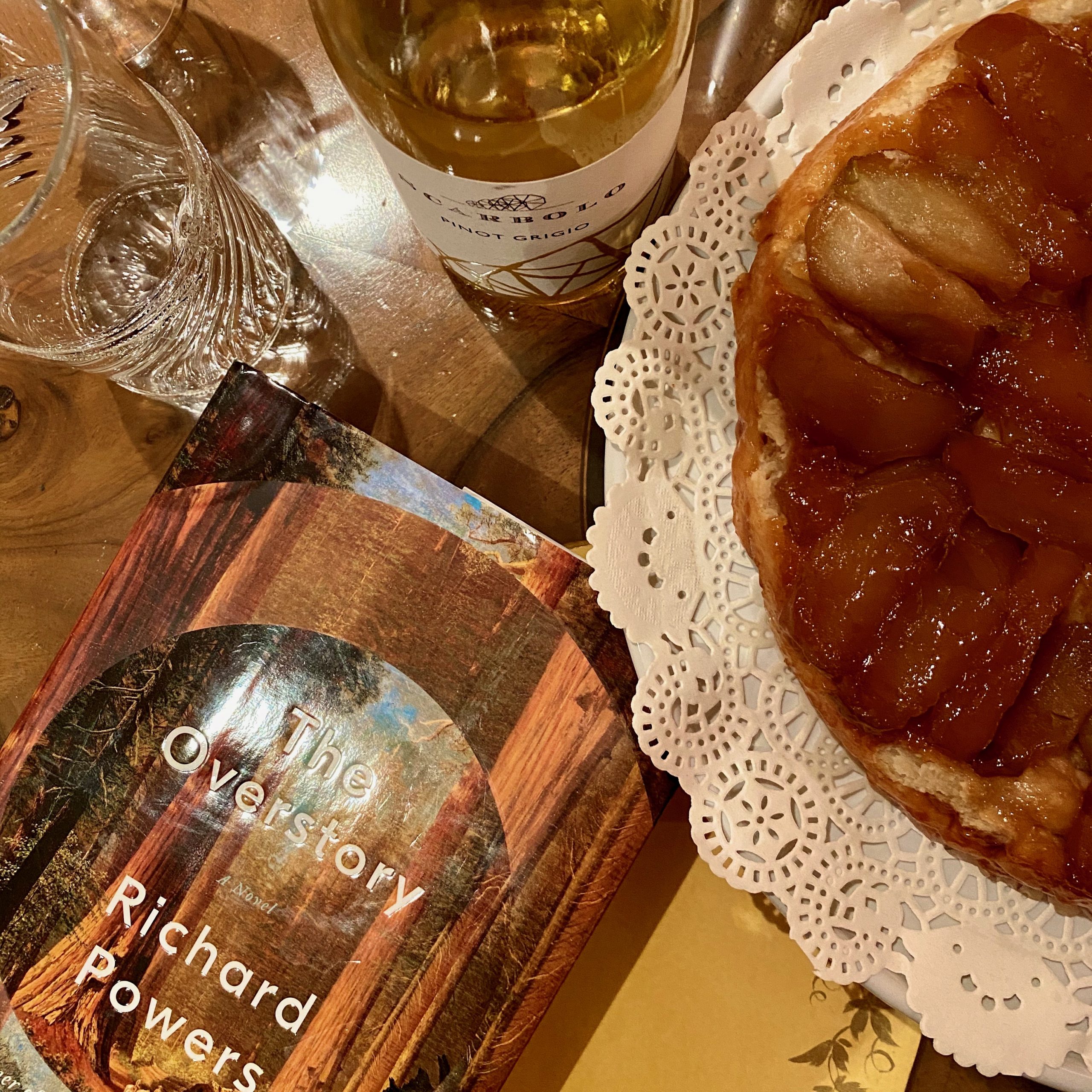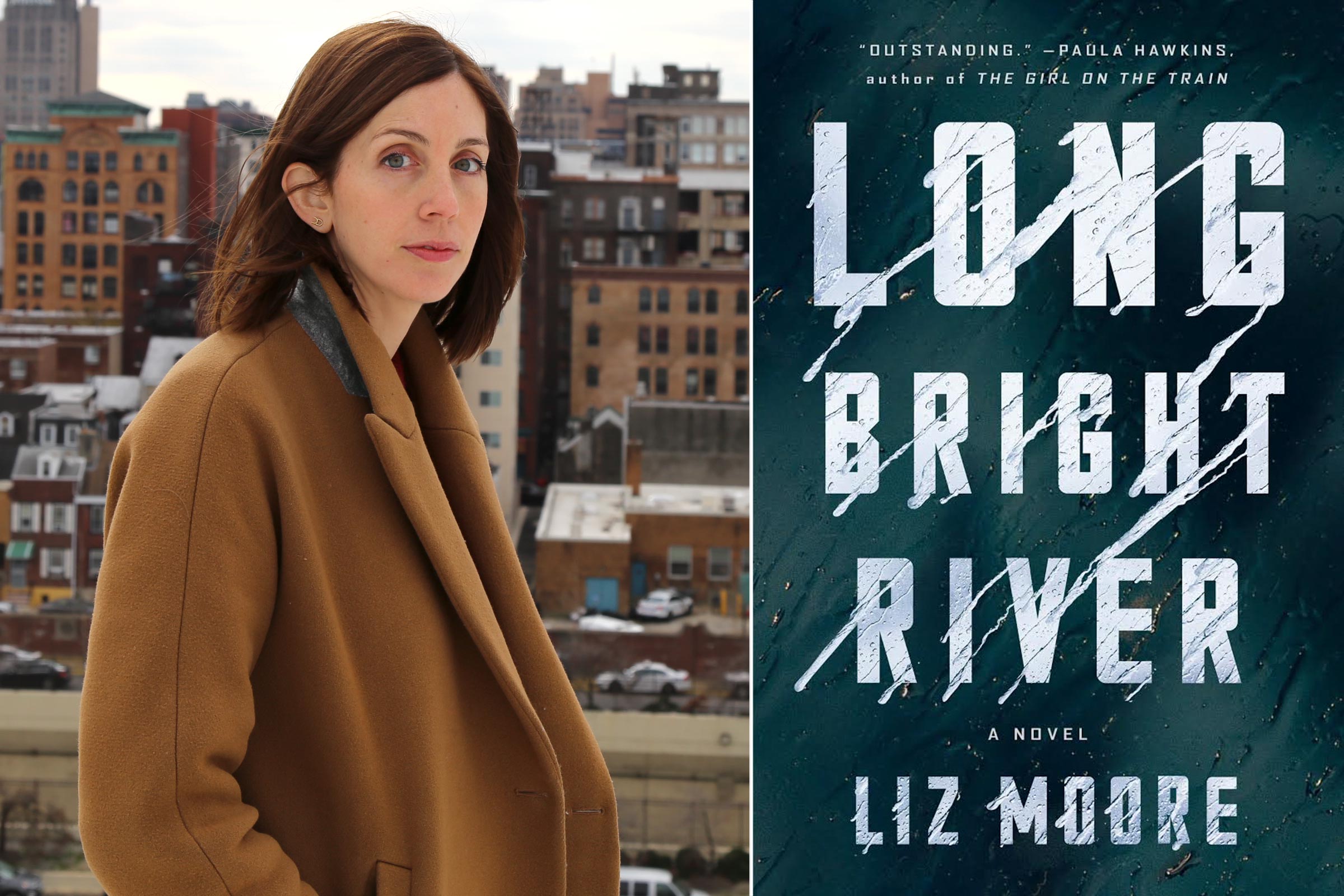
Who better than the NYTimes for book recommendations, right? As long as I can remember, poring over the Book Review section of the massive Sunday paper was a ritual and now, one of my favorite weekly listens is the paper’s Book Review podcast.
So my ears perked up this past week, when two young editors talked about how their regular book clubs were no longer satisfying. Both were working mothers, admittedly lucky to be immersed in books all day, but understandably no longer interested in following the trend of the “it book.” They were self aware enough to understand that the very notion of a Must Read book was likely paying their bills, but like all millennial disrupters, wanted to iterate on “the book club.”
Both say their book clubs are happy ones (who doesn’t like having dinner with friends on a regular basis?), but were bored by the book choices, and noted that the title was only ever discussed at the end of the meal, relegated to a dutiful task. They want something more exciting, more organic, and definitely more voluntary.
Their solution? A new column called Group Text, an online book club to which readers can drop in and out of one big conversation. Sort of like Oprah’s launched-again Book Club, which includes a lot of online engagement clustered around Oprah leading a robust conversation, often chapter by chapter. It seems natural that the NYT would do the same; editor Elizabeth Egan will choose a book deemed to be current and worthy, just to the side of the Must Read titles, with equal parts literary credentials and commercial readability.

Photo: Maggie Casey; RIVERHEAD
The conversations are meant to be casual and take place throughout the month, and the creators of this are hoping to create “a sense of community and not a sense of guilt”. Here is the first column on the first title of 2020, Long Bright River by Liz Moore; you will find both a list of extra reading and discussion questions, and if you want to post questions on Instagram (@nytbooks), the editor will pose them to the author in a live session. Several of Moore’s books have been acquired by production companies.
Meanwhile this month, in my old-fashioned ladies-around-the-table gathering, we discussed the 2019 Pulitzer Prize for Literature winner, The Overstory by Richard Powers. If your book club is keeping up with current literature, it’s an Important Read as opposed to being a Must Read, because it’s long and not necessarily easy, but has been lauded for tackling the big idea of how humans are disrespecting and destroying the planet.
The author, who moved to the Ozark Mountains to be able to live in an old growth forest, says he will only ever write about this topic for the rest of his life. Is there any other topic? That’s the type of topic that makes for excellent conversation around a table and this novel will provoke deep thoughts about climate change and conservation (turns out, there is a subset of contemporary literature referred to as “Cli Fi”), and the surprisingly revelation that trees that communicate (how is that not widely known?).
Here is a great article about Powers and his process. And here is Barbara Kingsolver’s rapturous review from the NYTimes that kicked off the frenzy around this title. And here are other links to help you delve into the history of trees.
A Guardian review that references Robinson Jeffers
A Brainpickings article about the “Hidden Life of Trees”
The Atlantic’s review of the novel
No matter how you read, the conversation with others who have recently read the same thing is one of the pleasures of life. Whether via Group Text or inspired by Oprah, or because you’ve been doing it for 20+ years, chances are, you’ll still consider it the Best Night of the Month.

